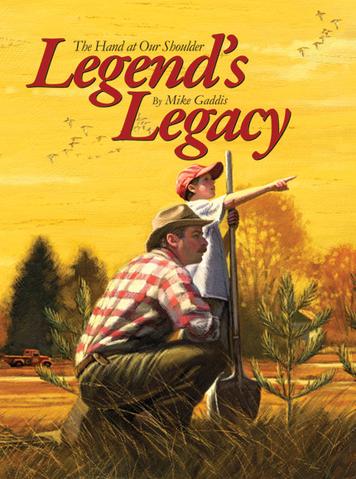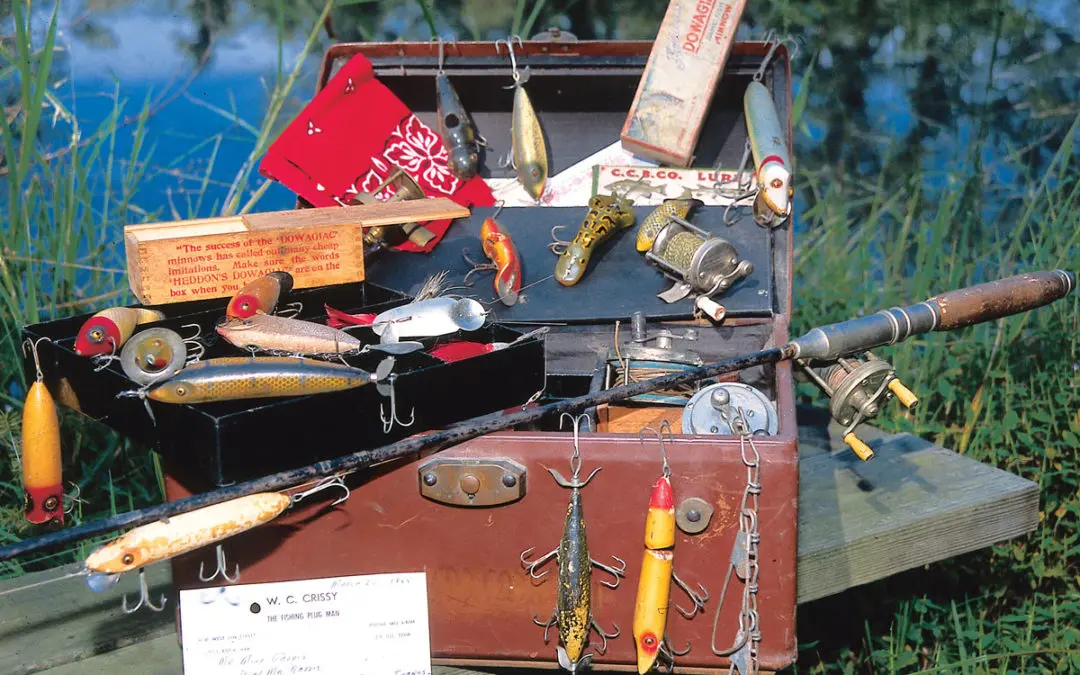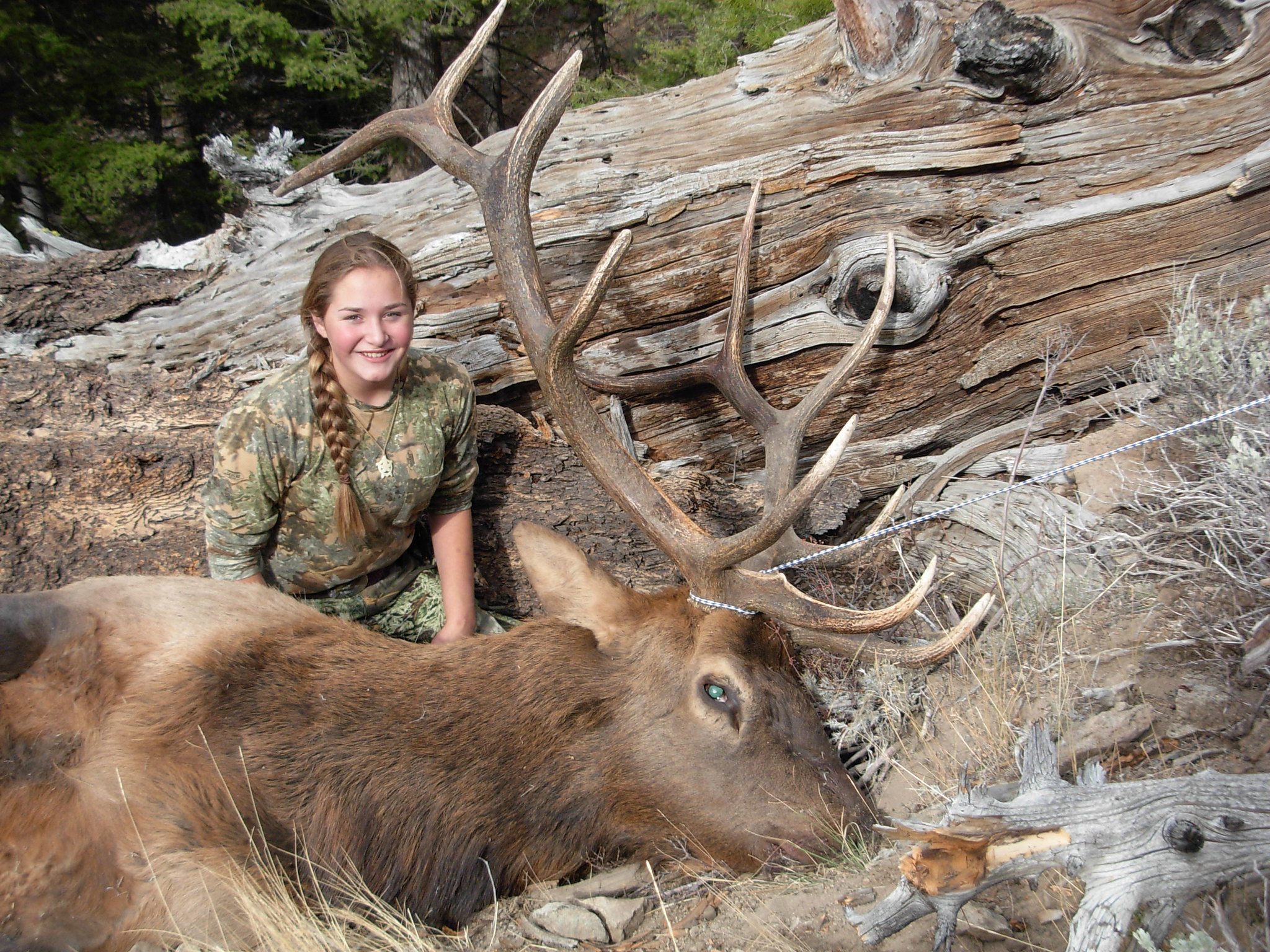He was the best kept secret since the Trojans hid in the Horse. His name was W.C. Crissy; he was an august old codger from Little Rock, Arkansas, and his game was rare and valuable commodities.
I say old and august. August for certain; old I’m not sure. For I never met him, never saw a picture, and though his simple letterhead presented the opportunity of a phone call, we never spoke. Our transactions were completed at pen’s length.
The intrigue was part of his charm, and certainly his product, and I preferred it that way. I’m glad there wasn’t e-mail or a cell phone, or another zippy electronic excuse for penmanship. From the warmth and wisdom of his neatly italicized print, and the lure of his articles-in-trade, I could conjure him easily to mind as a cross between Gadabout Gaddis, The Flying Fisherman and the Coca-Cola Santa Claus. It was an image that wore quite comfortably and I found no wish to change it. Within each exchange was the absorbing apprehension that his goods were as perishable as the quickest postmark, and for the period of two spell-binding springs, the unsettling notion that he would be discovered by Durwood Jones.
It was 50 years ago he came along, about the time February was bottoming out and March was a-glimmer. The big female largemouths were beginning to bunch under schools of crappie on the deeper banks. Excitement blossomed with another fishing season. Shortly before, I’d trapped a prime mink on the trickle of branch behind North Carolina State University, and with a nickel or two in my sock, J.C. banks was about to catch the unholiest string of lunkers in the history of Wake County.
W.C. Crissy surfaced, when most we needed him, a pleasant paradox of happenstance and probability. Remotely located in the campus library at that time were a half-dozen, small study rooms. For the price of a student I.D. card, you could reserve one for the evening and enjoy both privacy and peculiarity. Peculiarity, since Bill Williams and I had discovered coincidentally a beguiling collection of old Field & Stream, Outdoor Life and Sports Afield magazines. All bound into nicely portable volumes that could be whisked discretely from the stacks to the convenience of your study room.
There were some scarry-big bass around old Raleigh then, in lakes like Panther, Myra, Benson, Sunset, Wheeler and Yate’s Mill. And there was a clabber of old-timers like Hiram Tilley, Shiner Hartsfield, old man Banks – the Ledfelter brothers, Claude and Wilmer-tight in after ’em. A crusty lot, they distrusted Yankees, Volkswagens and monofilament on spinning reels. Between the bunch they couldn’t have mustered twenty horse-power, just a motley collection of sculling paddles and small-bore outboards – Wizards, Johnsons and Martins – and Wilmer never cottoned to anything louder than a Silveltrol. What they could do was catch bass – huge, shoat-sided sow bass.
Spring was coming hard, the dogwood blossoms were still in a pout and the red-buds blushing when Ol’ Banks plugged up the awesomest batch of behemoths since Peter was a fisherman. For three days, folks beat the water to a froth. Nothing close. Then somebody wheedled out of him the confession of a perch-finished Heddon Jointed Vamp, extinct in local hardwares. Bill and I ransacked four generations of tackle boxes, finally scratched up one chipped and joint-sprung, perch-scaled Vamp and lost it two days later to the biggest bass on the Swift Creek watershed. The fish wallowed on top like a tethered hog, bored away into a stumpbed and broke off. Bill poked with the paddle for an hour, but the Vamp was a casualty. We mourned for a week.
Not so, Durwood Jones. Durwood Jones was rival for bragging rights at the college wildlife club. Cock-sure as a game rooster and slippery as yesterday’s banana peel, he wielded a five-foot casting rod you could whup a snake with and a Pfleuger Supreme that spun like a top off a string. Sidearm, he could shave a gnat’s whiskers at forty feet, drop a dragonfly at fifty. He’d jig a rig, dangle a duck, missile a mouse – anything to catch a bass. Trouble was, dammit, he was good at it.
Somehow, he and his sidekick, Kermit Dobson, managed a Vamp of their own, and caught three tremendous fish in three days, one a nine-pounder rumored to have succumbed near the very spot of our demise. Mercifully, with biblical justice, they lost it on the seventh day to another monster. A fortnight later, thoroughly humiliated, Bill and I had retreated to the second floor of the library, he with Field & Stream, me with Sports Afield. Word was, Jones was canvassing three states for another perch Vamp, last sited at a roadside baitshop near Monck’s Corner, South Carolina. With destiny at its darkest, we were moping through the fine print of the etceteras, and there – between one-liners for Fur-Fish-Game magazine and the Northwestern School of Taxidermy – he was! W.C. Crissy, “The Fishing Plug Man.” We sent an S.O.S. the same night.
His return was an epiphany:
“Dear Mr. Gaddis:
Have several thousand plugs. A number of #7300 Jointed Vamps, $20/dozen, two in Perch. $2.00. Also three Pflueger Jointed Pals, $1.50.
Yours Truly,
W.C. Crissy”
We’d found the promised land. Six dollars of mink money, three jointed-Vamps, and six lunkers-in-two-days later, we’d regained the Kingdom.
We swore an oath, promised the Pope. We’d not tell anybody.
After a poetic breakdown near Spivey’s Corner, Jones got back to Raleigh just in time for the news. Desperate, he cut three days’ classes, wore out three Vamps. Not a sniff. Bass being bass, they’d switched camps faster than a redistricted Democrat. Then Banks came through again, this time with a deep-diving, frog-covered, broken-backed Pikie.
“Dear Mr. Crissy:
Need jointed Pikies, deep-diving, frog – Urgent!
Gaddis/Williams”
“Dear Mr. Caddis:
Have three frog, jointed Pikies – $1.50 each. On the way. Pay later.
Yours Truly,
W.C. Crissy”
Three days later, we tied ’em on the line. A day after that, book-end leviathans lay in state in an ice-chest at Thorne’s, old Raleigh’s premier bassing emporium. The tag read Williams and Gaddis. Jones and Dobson hit the road again, panting after Pikies like pork after pokeberries.
After the Vamps and frog Pikies, it was 2403 Wiggle Fish, Heddon SOSs and Zig-Wags, Weedless Widows, wooden River Runts and Bass-Orenos. Flaptail mice and Zaragossas, Deluxe Wagtails and Green-Scaled Bassers. All hot in their time. While Durwood Jones played catch-up, close but never quite. We cackled the while, right on through summer and fall and into the next spring. Throughout, W.C. Crissy remained our undisclosed ally-friend and merchant – the ringer behind the stringers.
By the time we graduated three years later, we’d built an arsenal of old and golden plugs that had accounted for a world of big bass, and before we knew it even, a collection to boot.
Many years more I corresponded with “The Fishing Plug Man,” one of the first of his kind, boosting a treasure of vintage lures. The last letter I have from him bemoans the search for a Tropical Floater, a “dying minnow” top-water I hungered after. He had turned the world upside down for me, trying to find it.
“Dear Mr. Gaddis:
You know that tropical floater is a tough one. All I’ve come up with is the guy who made them. Wrote him five times, air mail return. Nothing. Even offered to buy the molds. I don ‘t give up easy.
Yours Truly,
W.C. Crissy”
And with that, I got off into dog trials, and W.C. Crissy kinda rode off into the sunset. Gone, not forgotten. Somewhere up there, I guess, he’s still looking.
One day out of the blue, a few years later still, I received in the post a small cardboard box from Seattle, Washington. When I turned it upside down, an old Martin plug fell into my hand, along with a brief note.
It was from Durwood Jones. He was a rep for Jonas Brothers Taxidermists, traveling the world, having a whale of a time – had read something or the other I’d written of the old days.
“Thought you might like this for your collection,” he wrote graciously, “good times those, back when.”
I smiled, saluting in memory a hell of a fine largemouth bass fisherman and great rival. Then picked up the phone.
“Let me tell you a secret,” I said, when his secretary patched me through.
 There was a time when the world spun more gently, when family was the axis of its existence and folks lived closer to the land. A time when a gun was no less valuable to the scheme of being than a Bible or a blade, when a hunting dog could be found under the front porch and a fishing pole sat ready in a chimney corner
There was a time when the world spun more gently, when family was the axis of its existence and folks lived closer to the land. A time when a gun was no less valuable to the scheme of being than a Bible or a blade, when a hunting dog could be found under the front porch and a fishing pole sat ready in a chimney corner
There was an age, a space of innocence, freedom and fascination, where every day brought another revelation, and tommorow could never come fast enough. When, as boys and girls, we learned as much from woods and waters as from a spelling book.
Most of all, there were moments of infinite beauty and sharing, when someone laid a hand at our shoulder and led us there. So that later we might lead another, in turn.
Here, in parables of incomparable warmth and intonation, the author of the celebrated books, Jenny Willow and Zip Zap, explores the enchanting realm of outdoor mentorship. Not only in kind and gentle remembrances, but in intuitive vignettes, present and future.
Legend’s Legacy stands unparalleled as an affecting commemoration of the most endearing aspects of our sporting traditions—an inspiring tribute to those who cared, who taught us then and guide us still. Buy Now




